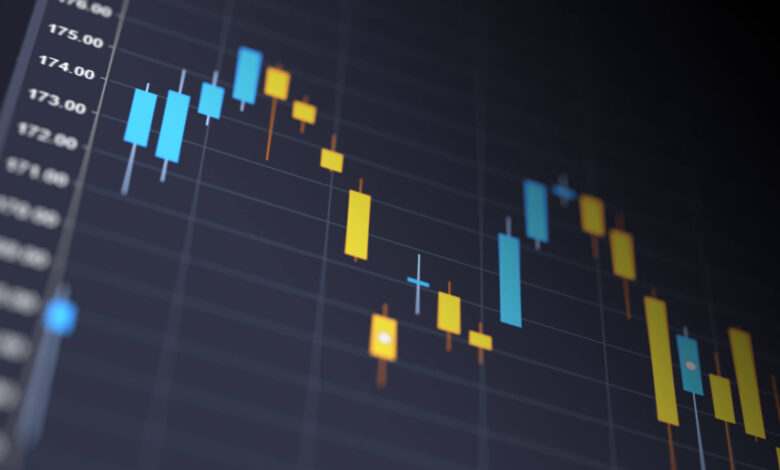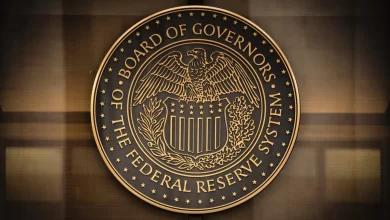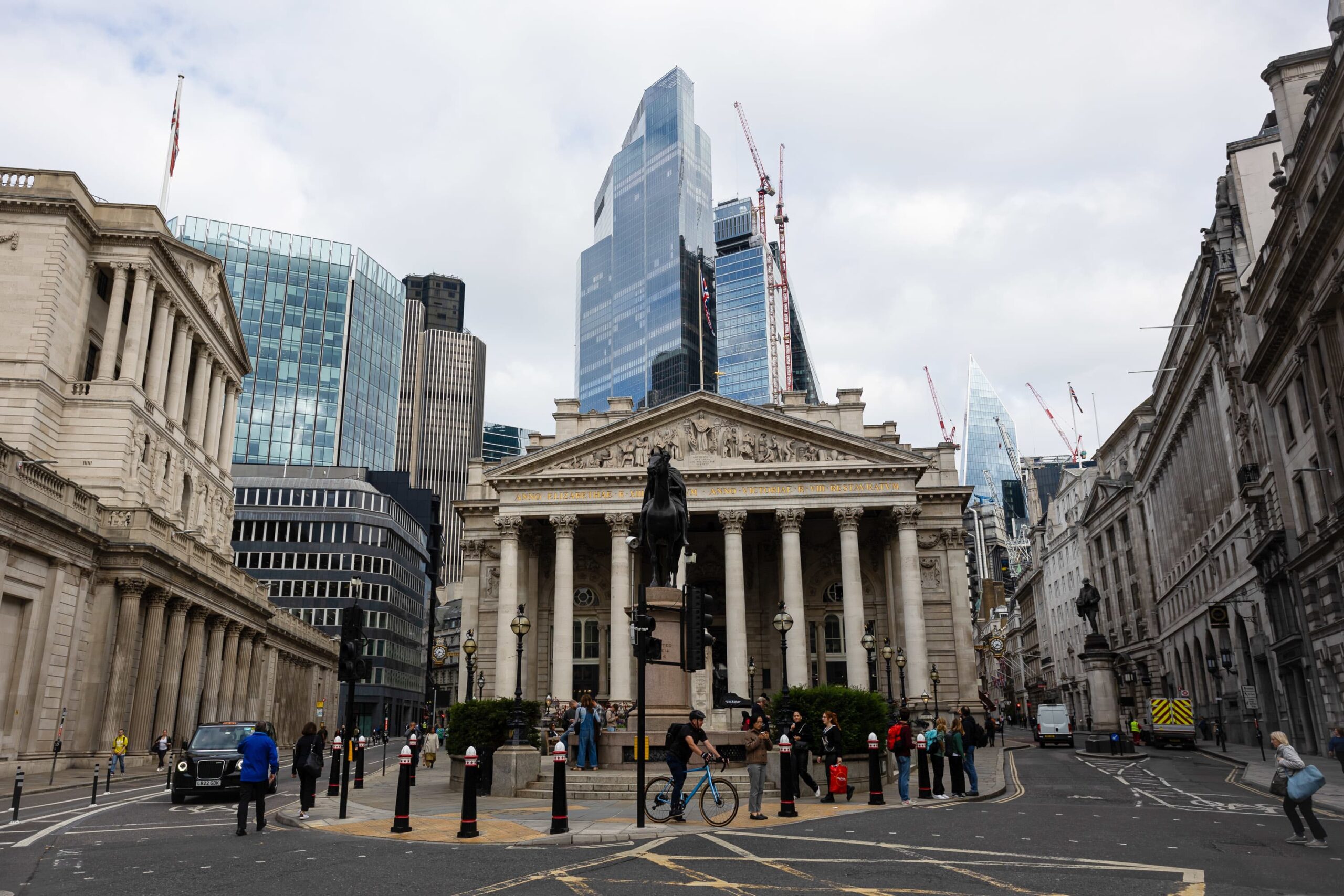CEOs from across the market and economy agree on one prediction for 2022: There is no end to Covid’s instability
CEOs from industries such as healthcare, restaurants, packaged food, manufacturing, logistics, and the semiconductor sector tell CNBC that any notion of a "return to normal" in 2022 is erroneous, and that volatility will continue to be a major economic concern.
CEOs see a potential for the improvements achieved during Covid to become permanent competitive advantages, and for global economic growth to continue to be strong, but it will not be without risk and instability.

The Business Roundtable recently conducted a study that suggested optimism for the coming year, although it was performed before the first cases of omicron was announced. Contributor Suzy Welch led a Leadership Exchange virtual roundtable with CEOs from various sectors of the economy on Wednesday, as the first omicron case in the United States was revealed in California — a second case from a Minnesota resident who recently traveled to New York City was revealed on Thursday — to gauge their confidence now that Covid dominates the market.
“We were all saying goodbye to 2020 almost a year ago… like good riddance,” Welch stated. “The coming year was supposed to give us back our ability to see into the future, give us back some sense that the earth wasn’t moving beneath our feet at all times.” And, of course, things didn’t work out. You reach a point where you wonder, ‘What can I possibly know?'”
Shane Grant, CEO of Danone North America, said he is “quite confident on the core business heading into 2022,” but that volatility will be a big theme.
“As we approach 2022, I believe there will be a recurring theme of volatility, and it will not be limited to one sort of instability.” Our supply chain is quite volatile. It includes everything from input availability, capacity, transportation, and labour, as well as Covid adjustments through different working styles. “It’s this accordion economy of stop-and-go and the necessary changes,” Grant explained.
Welch stated, “The theme going forward is basically instability in everything.”
Many authorities, including Welch, had hoped that Covid would be phased out by 2022.
“I believe we’ve all had colleagues and family members ask, ‘When is this going to end?'” And there used to be answers to it, like it was going to end, it was going to finish in the summer of 2021,” she explained.
However, according to Dr. Marlow Hernandez, CEO of Cano Health, a senior healthcare service provider, Covid will not expire in 2022. He answered, “No, sorry.” “Because it’s so transmissible, and it’s always changing.”
Looking at vaccination rates across industrialized nations, and increasingly, around the world, and seeing “the growing caseload” leads him to a pessimistic conclusion, he added. That doesn’t necessarily imply new stay-at-home orders or lockdowns, but if there is a new normal, Covid is part of it. “We know a lot about the virus,” Hernandez said, “but it’s a lot more like flu, hepatitis, measles, and a few other diseases than it is like smallpox, which we can just remove from the earth.”
Covid has been beneficial to the logistics industry, but the unknown of omicron is keeping Mike Parra, CEO of global logistics company Deutsche Post DHL Group, awake at night.
“Covid-19 began in China for us, and we could see it moving towards the Americas.” And now we’re starting to see the same thing, and we know it’ll happen because we’ve seen it before. We had been planning a summer relief in this area, where we hoped to eradicate Covid-19 through vaccination, enhanced awareness, and the deliveries that we’ve been doing,” he explained.
In 120 countries, Deutsche Post DHL has assisted in the delivery of 1.3 billion immunizations.
Parra stated, “And now we’re going to enter this next period of the unknown.” “And then we’re back into cycles of potential lockdowns in Europe, you’ve got a very stringent posture in China where they want to eradicate Covid… you’ve got flight limitations, you’ve got the impact on transportation.”
According to him, the fear of running out of goods has become entrenched in the supply chain. “Companies are shifting from ‘just in time,’ which was the case previously, to ‘just in case,’ which is the case now.”
Furthermore, an already pressured supply chain that has resulted in price hikes will be subjected to even more volatility.



